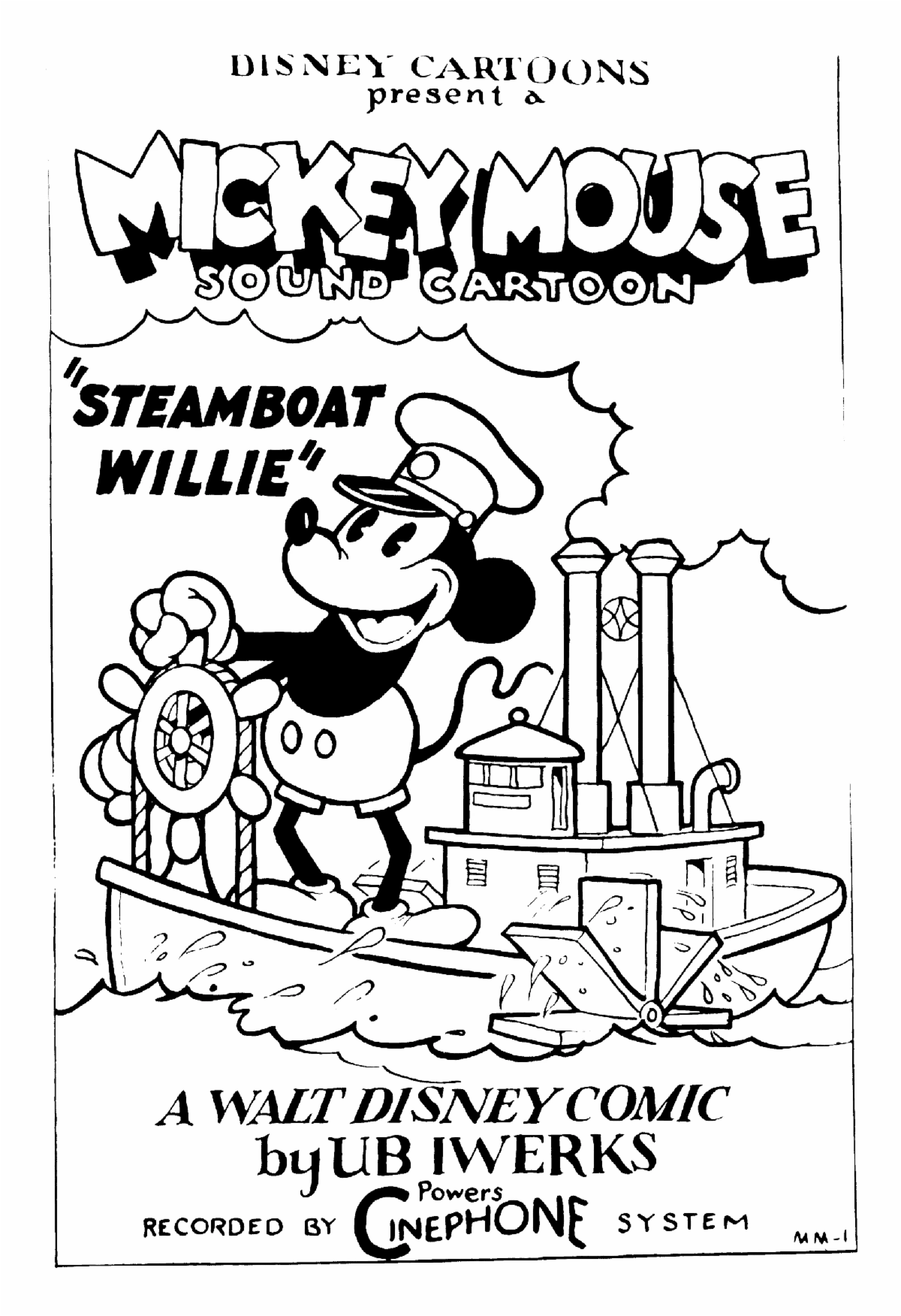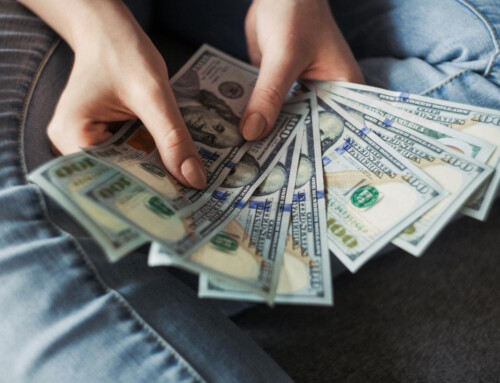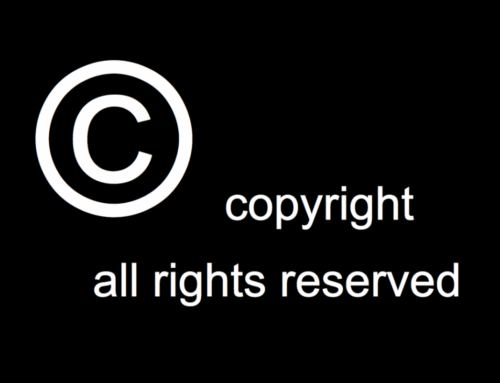Once again, New Year’s Day brought us more than resolutions, football games, and hangovers. On January 1st, works first published in 1928 that were previously protected by copyright entered the public domain.
Once a work becomes part of the public domain, anyone can reproduce it or create derivative works based on it, and then sell those reproductions or derivative works.
These public domain works can, therefore, be circulated online, adapted by theater and film producers, photocopied for students, covered by musicians, and converted into new media, all without the need to obtain permissions or pay royalties.
Books and stories that have now entered the public domain include J.M. Barrie’s Peter Pan; or the Boy Who Wouldn’t Grow Up; Agatha Christie’s The Mystery of the Blue Train; W.E.B. Du Bois’s Dark Princess; Robert Frost’s West-Running Brook; Wanda Gág’s Millions of Cats; Radclyffe Hall’s The Well of Loneliness; Eric P. Kelly’s The Trumpeter of Krakow; D.H. Lawrence’s Lady Chatterley’s Lover; Claude McKay’s Home to Harlem; Margaret Mead’s Coming of Age in Samoa; A.A. Milne’s House at Pooh Corner with illustrations by E. H. Shepard; Erich Maria Remarque’s All Quiet on the Western Front in the original German; Evelyn Waugh’s Decline and Fall; and Virginia Woolf’s Orlando.
In addition, books 4, 5, and 6 of The Hardy Boys series, by a variety of authors using the Franklin W. Dixon pen name, are in the public domain: The Missing Chums, Hunting for Hidden Gold, and The Shore Road Mystery.
You may have already heard that Walt Disney’s Steamboat Willie, which features Mickey and Minnie Mouse, is now in the public domain, but there are other films that entered the public domain earlier this week.
They include Lloyd Bacon’s The Singing Fool; Frank Borzage’s Street Angel; Charlie Chaplin’s The Circus; Carl Theodor Dreyer’s The Passion of Joan of Arc; Bryan Foy’s Lights of New York; Buster Keaton and Edward Sedgwick’s The Cameraman; Paul Leni’s The Man Who Laughs; Harold Lloyd’s Speedy; King Vidor’s The Crowd; and Josef von Sternberg’s The Last Command.
Some of the musical compositions (not the audio recordings) now in the public domain are Bertolt Brecht and Kurt Weill’s original German lyrics of Mack the Knife (from The Threepenny Opera); George Gard DeSylva, Lew Brown and Ray Henderson’s Sonny Boy and You’re the Cream in My Coffee; Dorothy Fields and James Francis’s I Can’t Give You Anything But Love, Baby; Bert Kalmar, Herbert Stothart and Harry Ruby’s I Wanna Be Loved By You; Gus Khan and Walter Donaldson’s Makin’ Whoopee!; Cole Porter’s Let’s Do It (Let’s Fall in Love); and Bessie Smith’s Pick Pocket Blues.
Sound recordings that are now in the public domain are Charleston, recorded by James P. Johnson; Down Hearted Blues, recorded by Bessie Smith and the Tennessee Ten; Down South Blues, recorded by Hannah Sylvester and The Virginians; Lawdy, Lawdy Blues, recorded by Ida Cox; Moonshine Blues and Southern Blues, recorded by Ma Rainey; Who’s Sorry Now, recorded by Lewis James, The Happy Six, and the Original Memphis Five; Wolverine Blues, recorded by the Benson Orchestra of Chicago; and Yes! We Have No Bananas, recorded by Billy Jones, Furman and Nash, Eddie Cantor, Belle Baker, and The Lanin Orchestra.
Plays and musicals no longer protected by copyright include Bertolt Brecht’s The Threepenny Opera in the original German; Cole Porter’s musical Paris, Bert Kalmar, Herbert Stothart, and Harry Ruby’s Good Boy; Ben Hecht and Charles MacArthur’s The Front Page; and Sophie Tredwell’s Machinal.
Artwork that has entered the public domain includes certain works by Edmund Dulac, M. C. Escher, Edward Hopper, Henri Matisse, and Georgia O’Keeffe.
You’ll still need to be careful when reproducing and distributing these works (or works based on these works), though, since they may still be protected in countries other than the US. Also, newer derivative works (including “talkie” versions of silent films and translations in other languages) of the 1928 originals are likely still protected.
If you want to reproduce a work that has not yet entered the public domain, you’ll need to either obtain permission from the copyright owner, pay for a compulsory license (in the case of music) or rely on the doctrine of fair use.
According to the copyright statute, at least the following four factors must be considered when determining whether copying is a fair use:
1. The nature of the original work;
2. The nature and purpose of the use, including whether it is for commercial use or for nonprofit educational purposes and whether the use is “transformative” (adding something new);
3. The amount and substantiality of the portion used in relation to the original work as a whole; and
4. The effect the copying would have on the market for, or value of, the original work.
As you can see, there are no “bright line” rules defining fair use. Rather, a court must weigh various factors on a case-by-case basis. Even the courts have difficulty coming to agreement on whether a use is a fair one.
Please feel free to contact us if you’re in doubt as to whether a work is in the public domain or whether your copying of someone else’s work – or their copying of your work – is likely to be found a fair use or an infringement.
Image by Walt Disney






